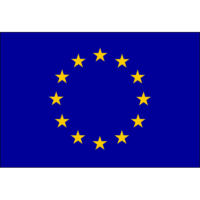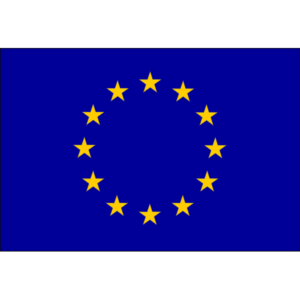European markets opened the week on an optimistic note, fuelled by a surge in semiconductor stocks following Microsoft’s announcement of a monumental AI investment. With a packed global economic calendar ahead, including key inflation data from Europe and U.S. employment figures, the market’s focus remains firmly on the balance of growth prospects and monetary policy signals.
European equities showed resilience as the STOXX 600 rose by 0.2%, mirroring the upbeat sentiment from Wall Street’s strong Friday close. Technology stocks led the charge, with semiconductor giants ASML, ASMI, and STMicroelectronics recording impressive gains, reflecting robust demand expectations in the AI and cloud computing sectors. The boost came after Microsoft disclosed plans to allocate $80 billion in fiscal 2025 for data centres supporting AI model training and cloud applications, underscoring the voracious appetite for cutting-edge semiconductor technology.
Commenting on this momentum, Susannah Streeter of Hargreaves Lansdown highlighted that U.S. tech firms’ insatiable demand for AI capabilities is expected to sustain strong chip demand well into 2025. This sentiment propelled European chipmakers to outperform, solidifying the sector’s importance to future market growth.
Elsewhere, the mood in food and beverage stocks soured, with the sector slipping further after U.S. health authorities advocated for cancer warnings on alcoholic beverages. The fallout, which began last week, persisted with an additional 0.7% decline in the segment.
The week ahead is set to deliver a wealth of economic indicators, beginning with Germany’s December inflation reading. Early data painted a mixed picture, with slight growth in Germany’s services sector offset by continued contraction across the broader eurozone. However, the spotlight remains on the upcoming U.S. nonfarm payrolls report—a critical piece of the Federal Reserve’s interest rate puzzle for 2025.
Against this backdrop, European equities continue to lag their U.S. peers, with uncertainties stemming from economic headwinds, political turbulence in Germany and France, and looming tariff threats under the returning Donald Trump administration casting shadows over the region’s prospects.
In corporate news, the UK’s Spectris climbed 2.8% on the back of an HSBC upgrade to “buy,” while Rolls-Royce saw a 3.7% drop after a Citigroup downgrade. Unilever also slid 1.8% as RBC revised its outlook to “underperform.” Trading volumes are anticipated to normalise as holiday disruptions subside, providing a clearer view of market direction.
European markets are navigating a critical juncture, balancing tech-driven optimism with broader economic uncertainties. The week’s developments will provide vital clues about the trajectory of the global economy and its impact on investor sentiment.
STOXX Limited operates the STOXX 600 index, encompassing Europe’s leading blue-chip companies across various sectors. It serves as a benchmark for European equity performance and is a critical tool for investors navigating regional markets.
Fidelity European Trust PLC (LON:FEV) aims to be the cornerstone long-term investment of choice for those seeking European exposure across market cycles.



